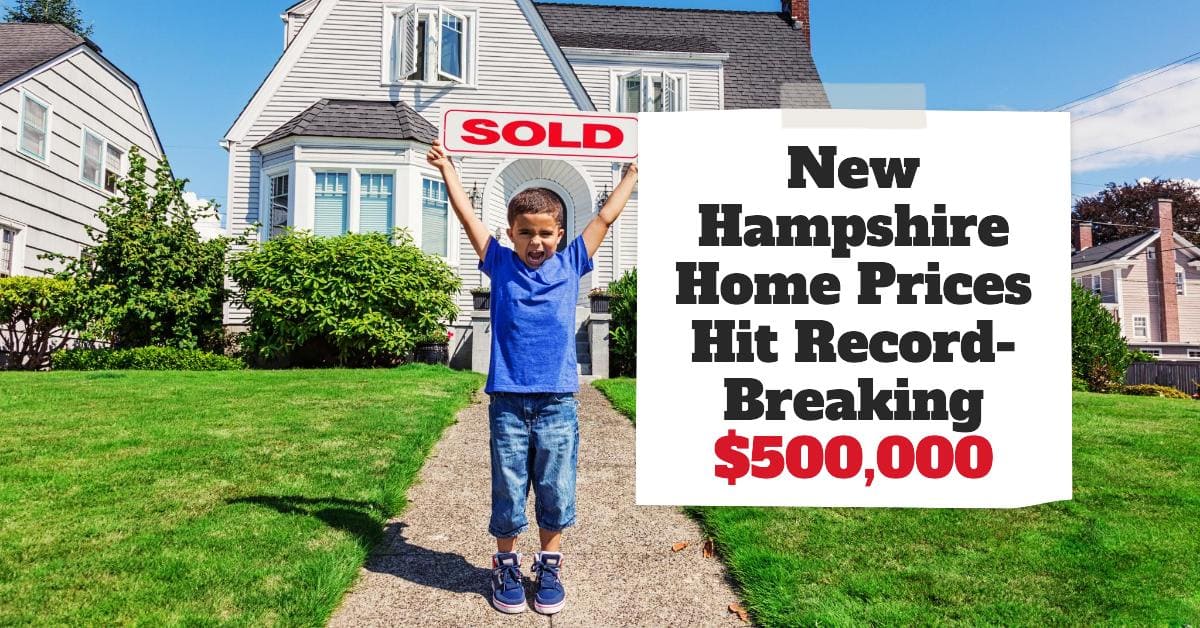In a significant milestone for New Hampshire's housing market, the median sales price for single-family residential homes soared to a record-breaking $500,000 in March. This surge marks a 16 percent increase from the previous year, exacerbating concerns about affordability and access to homeownership.
The steep rise in prices has contributed to a growing affordability crisis, with many prospective buyers finding themselves priced out of the market. According to the New Hampshire Association of REALTORS (NHAR), the state's affordability index plummeted to 59 in March, the lowest it has been since tracking began in 2005.
This index indicates that the median household income covers only 59 percent of what is needed to qualify for the median-priced home, given prevailing interest rates. To put this into perspective, just five years ago, the affordability index stood at over 150.
Root Causes: Inventory Shortage
At the heart of this affordability challenge lies a critical shortage of housing inventory. As of March, there were a mere 1,228 single-family residential units for sale in New Hampshire, representing a 2 percent decrease from the previous year. With just 1.3 months of housing supply available, the market is far from balanced; typically, a balanced market is characterized by five to seven months of supply.
Joanie McIntire, President of NHAR, underscores the urgency of addressing this shortage, emphasizing the need for policy interventions at both the local and state levels. She highlights the importance of embracing less restrictive zoning regulations and streamlining bureaucratic processes to empower property owners and stimulate housing development.
Policy Solutions and Legislative Progress
McIntire points to House Bill 1291 as a step in the right direction. This bill seeks to allow property owners to create accessory dwelling units (ADUs), which can be either attached or detached from the principal residence. By providing flexibility for homeowners to accommodate multigenerational living arrangements or rental units, HB 1291 aims to alleviate housing pressures and expand options for affordable housing.
The passage of HB 1291 by the House of Representatives signifies a promising development in addressing New Hampshire's housing challenges. The bill's progression to a Senate hearing reflects growing recognition of the need for proactive measures to bolster housing affordability and accessibility.
Market Trends and Outlook
Despite a slight decline in unit sales compared to the previous year, pending sales saw a notable 11 percent increase in March. This uptick suggests continued demand in the market, albeit against the backdrop of constrained inventory and escalating prices.
As stakeholders advocate for policy reforms and innovative solutions, the trajectory of New Hampshire's real estate market remains a focal point for policymakers, industry professionals, and residents alike. Balancing the interests of homeowners, renters, and aspiring buyers will be paramount in shaping the future landscape of housing in the Granite State.




